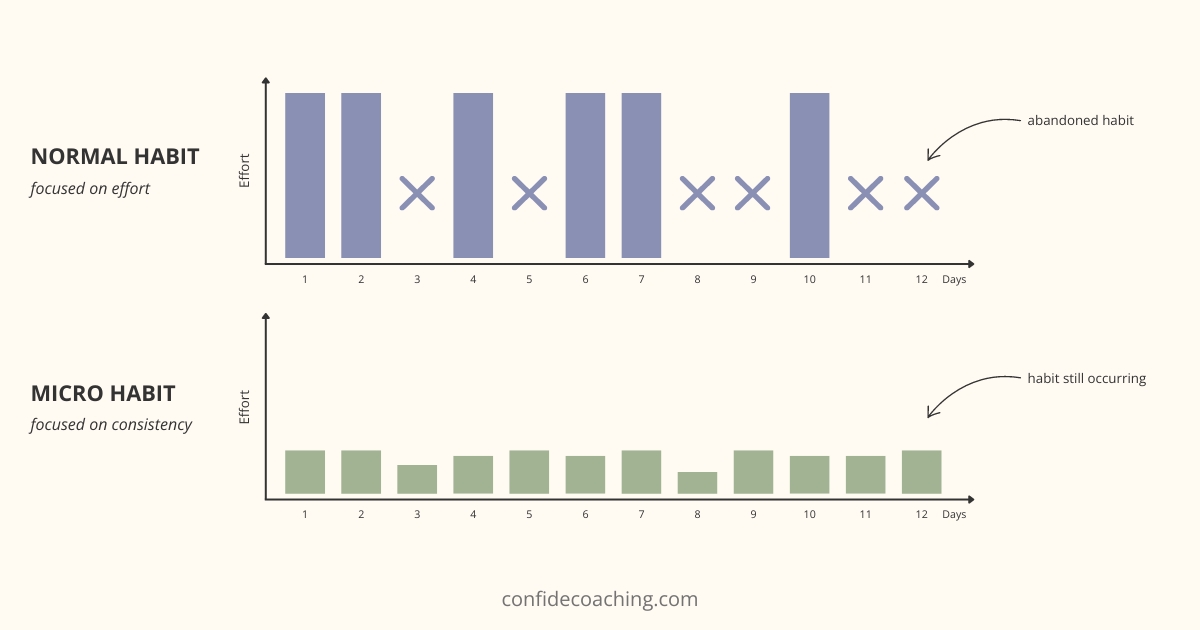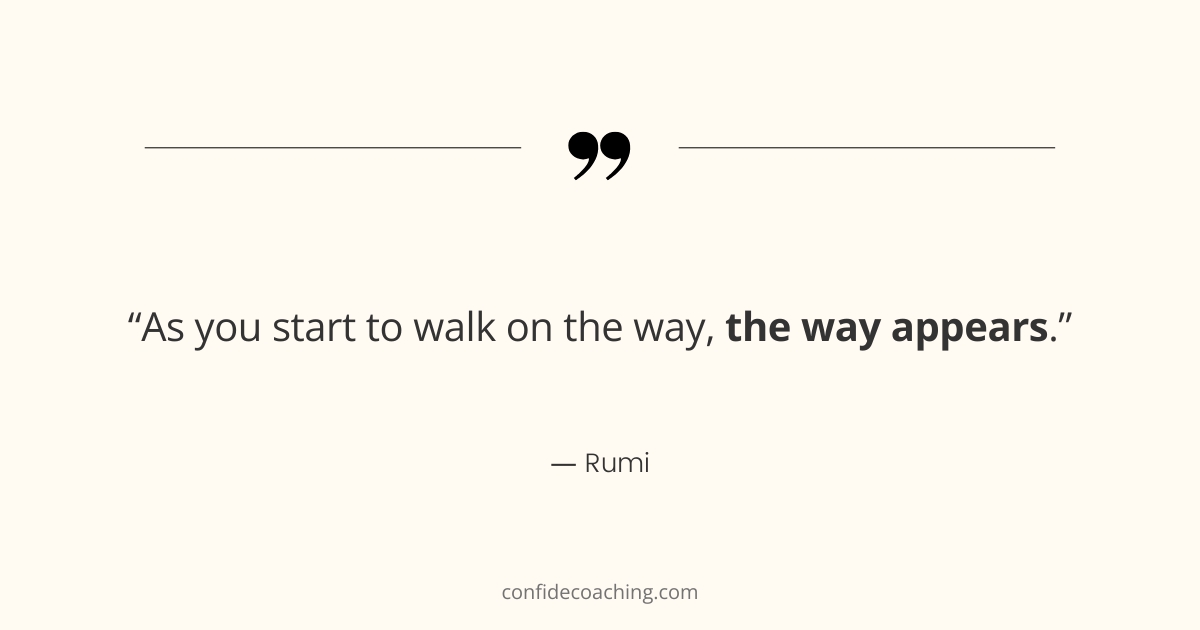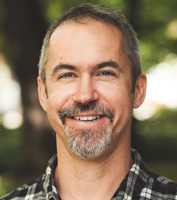
Success Doesn’t Make You Immune to Feeling Stuck
What I see again and again, whether I’m coaching someone in a high-level role, a parent navigating a big transition, or someone rethinking their identity after years of “doing” — is that it’s not capability that’s missing. It’s mindset friction.
These aren’t dramatic meltdowns or emotional outbursts. They’re quiet, subtle loops that run in the background, shaping how you interpret setbacks, approach growth, and measure progress. And most of the time, the friction looks like one of these three recurring patterns:
- All-or-nothing thinking
- “I have to have it all figured out” thinking
- “If/but” thinking that delays action until the perfect moment
You’re not alone if these show up. They’re common in people who care deeply, want to do things well, and have been rewarded for high performance most of their lives. Let’s walk through each of them, and explore how you can shift your relationship with them.
1. All-or-Nothing Thinking: When Your Discipline Turns Against You
This mindset sounds like:
“If I can’t do it right, I won’t do it at all.”
“I was doing great, then I missed a day — so now I’ve stopped completely.”
I see this a lot in high performers — people who are used to high standards and doing things well. But here’s the trap: when life gets full or messy (as it always does), perfection becomes a reason to do nothing at all.
I like the way Layne Norton once put it in a Hubermanlab podcast interview when talking about a healthy diet: “If you’re driving down the road and get a flat tire, do you go ahead and poke holes in the other tires?”
One of my clients, a physician and mother of two, was trying to get back into strength training. She planned four workouts a week. But if she missed even one session, she felt like she had failed and would abandon the routine for weeks. We reframed success around consistency over intensity. Instead of four perfect workouts, the new goal was: “Do something for your body three days a week, even if it’s 15 minutes.” That shift unlocked momentum. Within a few weeks, she wasn’t just moving more — she felt more grounded.

Another client, a small business owner in his 50s, had a similar experience with mindfulness meditation. He wanted to build a daily practice but kept dropping it entirely if he missed a few days. Once we redefined success as “showing up in some form at least four days a week,” it clicked. Five minutes in the car between meetings became a win. And that consistency changed the way he handled stress in his day.
Why it makes sense:
All-or-nothing thinking can feel like a form of integrity. You don’t want to do things halfway. You hold yourself to a high standard. But it ends up robbing you of consistency — and the progress that comes with it.
A more helpful frame:
Progress doesn’t require perfection — it requires repetition.
A 15-minute walk matters. A half-written page matters.
One strength workout a week is better than none.
I often remind my clients: something is always more powerful than nothing.
This isn’t about lowering standards. It’s about shifting the standard from “ideal” to “sustainable.”
Try this:
Think of one habit you’ve dropped because it wasn’t being done “perfectly.”
What would it look like to do it at 40% and call that a win?
2. “I Need to Have It All Figured Out”: The Planning Loop That Paralyzes
This mindset sounds like:
“I’ll take the next step once I know it’s the right one.”
“I just need to feel clearer first.”
You’ve probably built a career or a life by making smart decisions, thinking things through, and weighing options. That’s a strength.
But sometimes, it turns into analysis paralysis–especially in life transitions where the next chapter isn’t obvious.
This shows up a lot during midlife transitions: your kids are more independent, or a role you’ve held for years no longer fulfills you. But instead of exploring what’s next, you get caught in a loop of waiting. Waiting for the big insight. Waiting for a sign. Waiting until you know what the whole path looks like.
Why it makes sense:
We’re wired to seek clarity before we move. It feels safer.
But here’s the catch: in the messy middle of change, clarity doesn’t come before action. It comes through it.
A more helpful frame:
You don’t need a full map — just the next step.
It’s like driving through fog: you won’t see all the way to your destination, but you can still move forward a few meters at a time.

I once worked with a client who felt stuck deciding whether to switch careers. She was waiting for the perfect sign. Instead, we started with small experiments: a conversation here, a shadow day there. The clarity came after she started moving — not before.
And recently, I coached a man considering leaving corporate to start his own consultancy. He kept saying, “I just don’t have the full picture yet.” Instead of pushing for a grand vision, we focused on low-stakes pilots: a one-day workshop, a short-term freelance project. Those steps gave him real feedback and significant momentum.
There’s freedom in testing instead of deciding. You don’t have to overhaul your life to gain insight. You just have to interact with the possibilities.
Try this:
Write down something you’re waiting to “figure out.”
Now ask: what’s one small thing I could try (not commit to, just test) this week?
What would feel like movement without pressure?
3. “If/But” Thinking: The Inner Negotiation That Keeps You Stalled
This mindset sounds like:
“If I had more time, I’d start.”
“But what if I fail?”
“If things settle down, then I’ll focus on my health.”
This one’s tricky because it sounds reasonable. You’re not saying “never,” you’re saying “later”…you know, when the conditions are better.
But the perfect moment? It rarely arrives.
There’s always another “if,” always another “but.”
Why it makes sense:
It feels responsible to wait until you’re sure. But often, this thinking masks fear. The fear of getting it wrong, wasting effort, or being seen starting small.
I had a client who wanted to start a wellness project. For months, she said, “If I can just get through this busy season, I’ll launch it.” But the busy season kept rolling on. So we picked one non-negotiable: 30 minutes every Friday to build. She didn’t wait for time. She made it. And slowly, the project took shape.
Another client, a senior manager in the tech industry, had been meaning to reconnect with his creativity. He’d studied music years ago and always wanted to record again. But the story was always the same: “If I could carve out a full weekend, I’d do it.” Instead, we started with a 20-minute jam session once a week. He didn’t need a studio or a plan. He needed a doorway back into joy.
A more helpful frame:
You don’t need permission or perfect conditions. You need momentum.
You’re allowed to start before you’re ready.
Before you know everything.
Before you feel 100% confident.
Try this:
Take one “if/but” statement and rewrite it as a declaration.
“If I weren’t so tired, I’d walk more.” → “I’ll walk for 7 minutes today, even though I’m tired.”
Notice how the energy shifts.
Start from where you are, not where you wish you were.
Final Thoughts: These Mindsets Aren’t Personal Failings — They’re Predictable Patterns
You’re not stuck because you’re doing something wrong.
You’re stuck because your mind is trying to protect you — by chasing certainty, perfection, or ideal conditions. Congratulations! You’re human!
But your next chapter won’t come from thinking your way into it. It will come from small, repeated shifts in how you see and respond.
These mindsets don’t go away completely. They just become easier to spot and move through when you know what they are.
You don’t have to fix everything. You don’t need a five-year plan.
Just a new lens, and one honest step forward.
The next version of your life isn’t waiting for a perfect moment. It’s waiting for a different conversation with your mind.

Paul Strobl, MBA, CPC
Owner of Confide Coaching, LLC
Paul is a Master Life Coach for GenX and GenY executives and business owners. Originally from Houston, Texas, he has been location independent for most of his adult life. He currently resides in the Rhodope Mountains of Bulgaria near the Greek border with his brilliant wife, 14-year-old stepson (officially adopted in 2021!) and a Posavac Hound rescue.

